Shakespeare Lexicon and Quotation Dictionary
A COMPLETE DICTIONARY
OF ALL THE ENGLISH WORDS, PHRASES AND CONSTRUCTIONS
IN THE WORKS OF THE POET
BY
ALEXANDER SCHMIDT
THIRD EDITION
REVISED AND ENLARGED
BY
GREGOR SARRAZIN
IN TWO VOLUMES
VOLUME I
A M
DOVER PUBLICATIONS, INC
NEW YORK
Abbreviations.
| Ado | Much Ado about Nothing. |
| Alls or Alls | Alls well that ends well. |
| Ant. | Antony and Cleopatra. |
| Arg. | Argument. |
| As | As you like it. |
| Caes. | Julius Caesar. |
| Chor. | Chorus. |
| Compl. | A Lovers Complaint. |
| Cor. | Coriolanus. |
| Cymb. | Cymbeline. |
| Ded. | Dedication. |
| Epil. | Epilogue. |
| Err. | Comedy of Errors. |
| F1 | the Folio Edition of 1623. |
| F2 | the Folio Edition of 1632. |
| F3 | the Folio Edition of 1663. |
| F4 | the Folio Edition of 1685. |
| Ff | all the four Folios, as differing from the existing Quarto Editions. |
| Gent. | the two Gentlemen of Verona |
| H4A | First Part of Henry IV. |
| H4B | Second Part of Henry IV. |
| H5 | Henry V. |
| H6A | First Part of Henry VI. |
| H6B | Second Part of Henry VI. |
| H6C | Third Part of Henry VI. |
| H8 | Henry VIII. |
| Hml. | Hamlet. |
| Ind. | Induction. |
| John | King John. |
| LLL | Loves Labours Lost. |
| Lr. | King Lear. |
| Lucr. | the Rape of Lucrce. |
| Mcb. | Macbeth. |
| Meas. | Measure for Measure. |
| M. Edd. | Modern Editors. |
| Merch. | the Merchant of Venice. |
| Mids. | a Midsummer-nights Dream. |
| O. Edd. | Old Editions (i. e. the Foliosas well as the Quartos; orthe Folios or Quartos alone,if there are no other oldeditions extant). |
| Oth. | Othello. |
| Per. | Pericles. |
| Phoen. | the Phoenix and the Turtle. |
| Pilgr. | the Passionate Pilgrim. |
| Prol. | Prologue. |
| Qq | the old Quarto Editions, asdiffering from the Folios. |
| R2 | Richard II. |
| R3 | Richard III. |
| Rom. | Romeo und Juliet. |
| Shr. | the Taming of the Shrew. |
| Sonn. | Sonnets. |
| Tim. | Timon of Athens. |
| Tit. | Titus Andronicus. |
| Tp. | Tempest. |
| Troil. | Troilus and Cressida. |
| Tw. | Twelfth Night. |
| Ven. | Venus and Adonis. |
| Wint. | the Winters Tale. |
| Wiv. | the Merry Wives of Windsor |
The different Quarto editions are designated in the same manner as in the great Cambridge edition of Messrs. Clark and Wright.
By the initials the unchanged forms and words are meant, as they stand in the respective headings; inflected forms are denoted by their terminations preceded by a dash; f. i. under the article Grow g. means grow, s grows, ing growing, etc.
The quotations are from the Globe edition.
Asterisks inserted behind some articles or quotations refer to the Supplement.
Names of Authors quoted in the Supplement indicate, as a rule, editions of Shakespeares Plays and Poems, or other well-known books connected with Shakespeare, f. i. Wyndham  Shakespeares Poems by George Wyndham; D. H. Madden
Shakespeares Poems by George Wyndham; D. H. Madden  The Diary of Master William Silence by D. H. Madden ; S. Lee
The Diary of Master William Silence by D. H. Madden ; S. Lee  A Life of Shakespeare by Sidney Lee.
A Life of Shakespeare by Sidney Lee.
This Dover edition, first published in 1971 is an unabridged republication of the third revised and enlarged edition as published by Georg Reimer in Berlin in 1902 under the former title Shakespeare-Lexicon.
Library of Congress Catalog Card Number: 70-150407
International Standard Book Number
ISBN-13: 978-0-486-22726-9
ISBN-10: 0-486-22726-X
Manufactured in the United States by Courier Corporation
22726X20
www.doverpublications.com
Preface to the First Volume of the First Edition.
The present work, as differing from the existing Shakespearian glossaries, the object of which has been only to explain what has become obsolete and unintelligible in the writings of the poet, is to contain his whole vocabulary and subject the sense and use of every word of it to a careful examination.
As it was not intended to establish a critical standard, but only to furnish some of the necessary materials for criticism, it seemed convenient to lay aside, for the present, the question of the authenticity of the works generally ascribed to Shakespeare, and to consider as genuine all that has been commonly printed together as Shakespeares, namely the thirty-six plays of he first and second Folios, together with Pericles, and the so called Poems; but to disregard the apocryphal pieces of the latest Folios as well as those which the criticism of still later times has brought into connection with the name of the poet. The stage-directions, too, even those of the earliest editions, have been left unnoticed, as it appeared more than doubtful whether they were written by Shakespeare himself.
In the present unsettled state of textual criticism it could not be decided, whether the Folios or the extant Quartos deserved greater credit. But fortunately the business of a lexicographer was, in this point at least, easier than that of an editor, who must make his choice between different lections, whereas the former may fairly content himself with registering the occurring variations. These have indeed been collated with great care wherever some authority could be attributed to the ancient texts; excluding, of course, those Quartos which the editors of the first Folio meant when speaking of stolen and surreptitious copies, maimed and deformed by the frauds and stealths of injurious impostors, namely the Quartos of the Merry Wives and Henry V, the First Part of the Contention', the True Tragedy, and the earliest impressions of Romeo and Juliet (1597) and of Hamlet (1603). Their variations are, at the best, of the same weight as the conjectures of modern emendators.
The example and reasons of the Cambridge editors have been decisive for adopting the modern orthography, those cases excepted when the different spelling of the old editions was evidently caused by a difference of pronunciation.




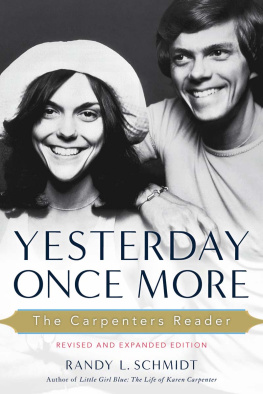
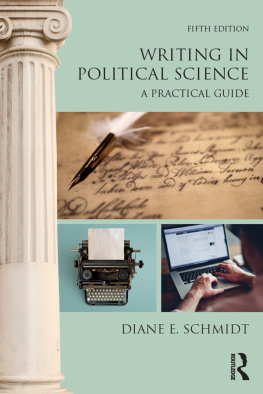
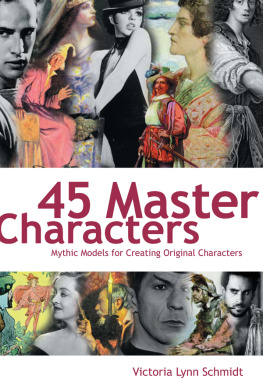
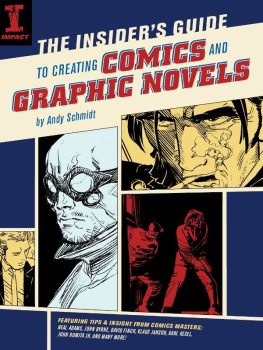

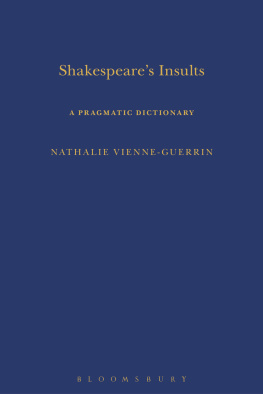
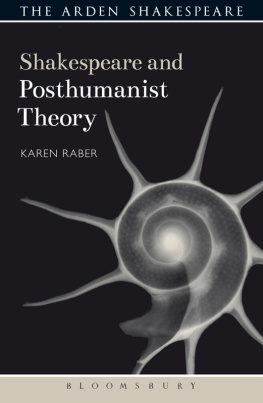
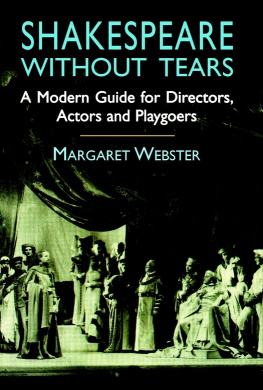
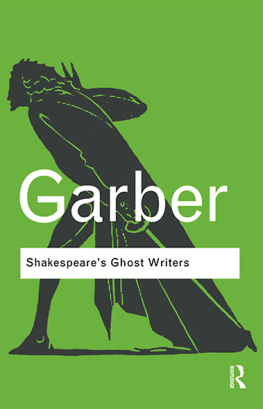

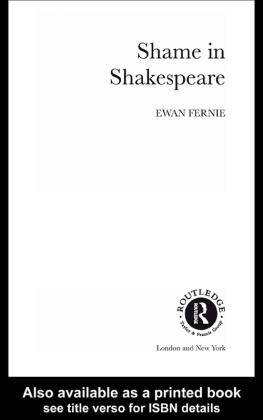
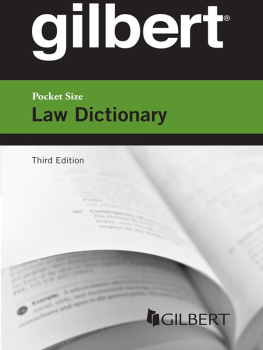

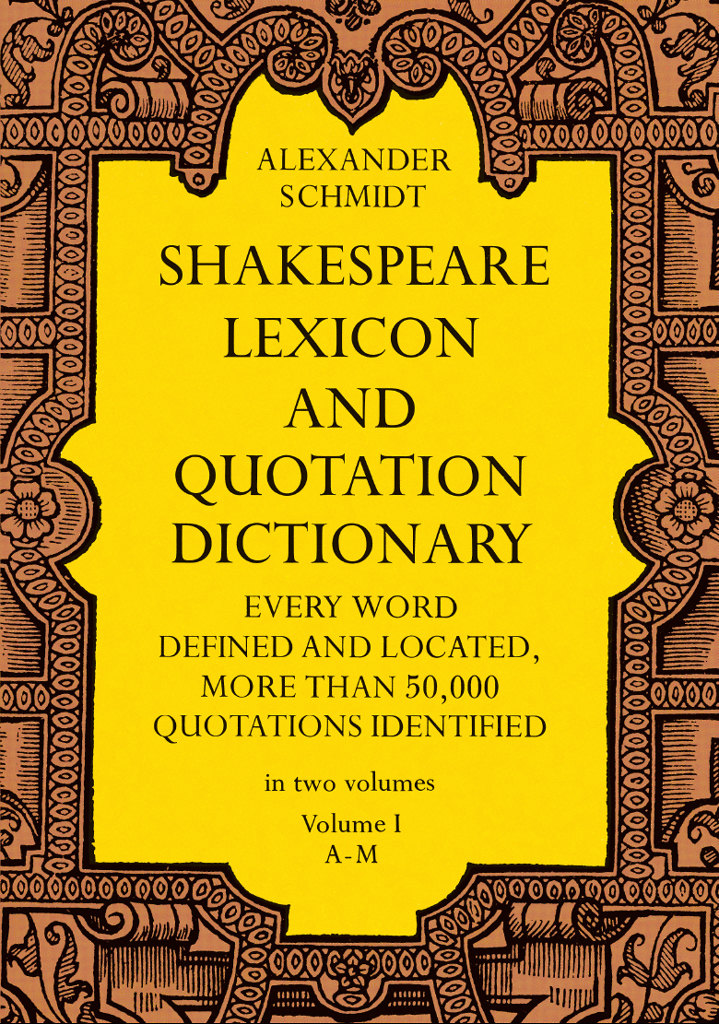
 Shakespeares Poems by George Wyndham; D. H. Madden
Shakespeares Poems by George Wyndham; D. H. Madden 